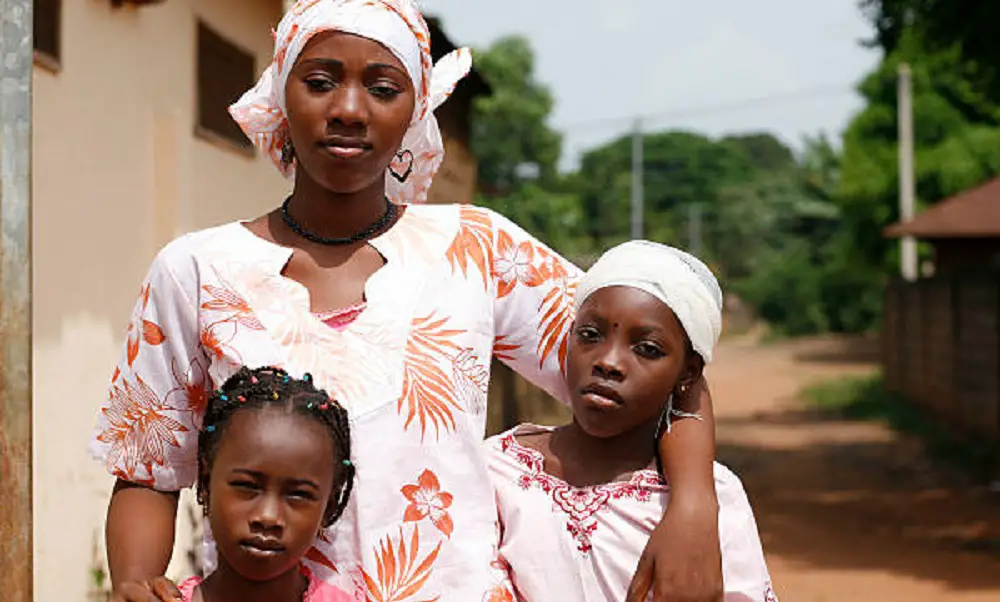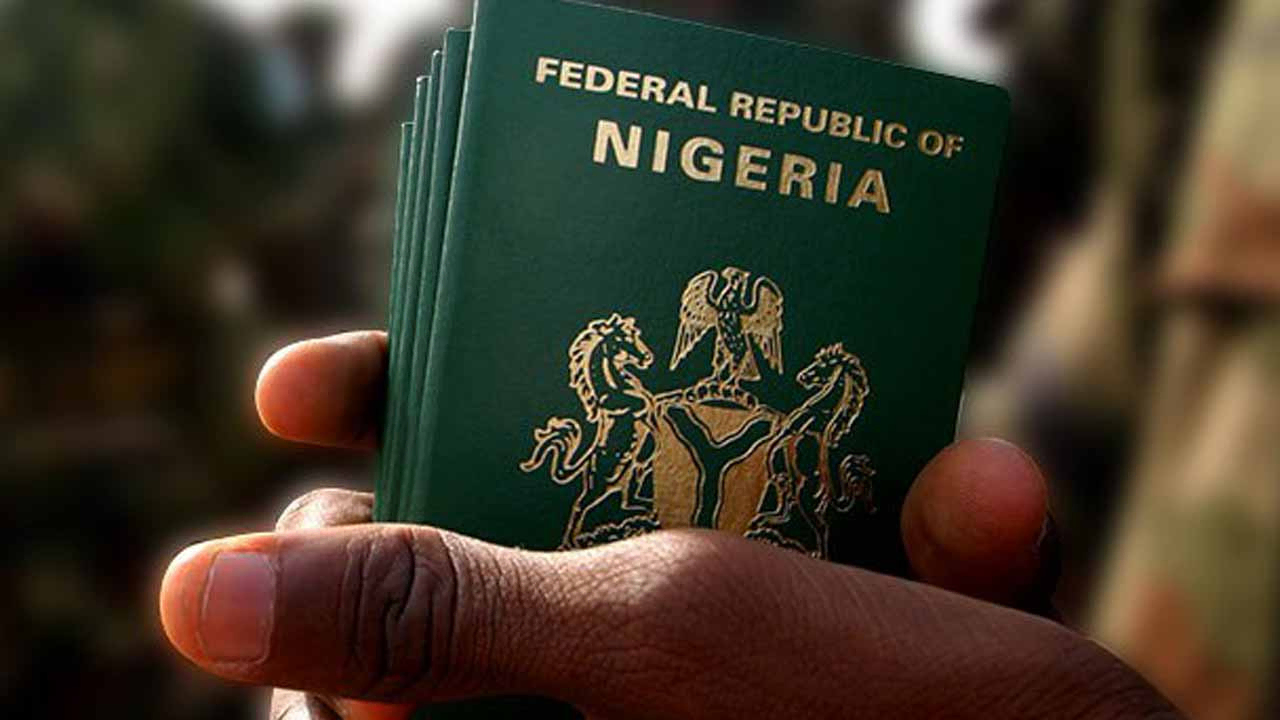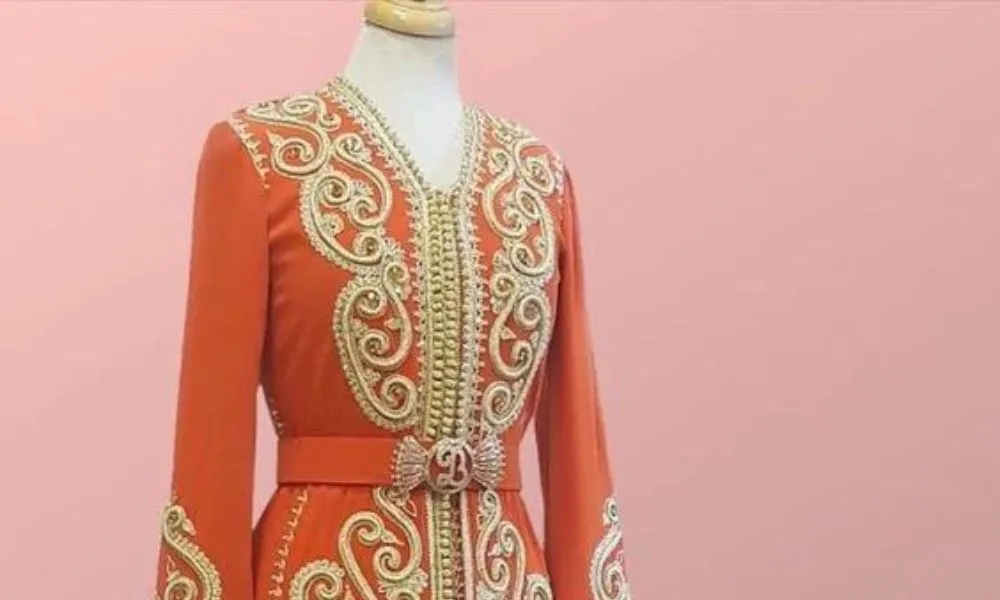Forced marriage is an issue majorly affecting people in northern Nigeria. For this write-up, I had to consult with a few people who did not want their identities disclosed, and I spent countless hours conducting research.
What is Forced Marriage?
One is being forced into a marriage in this circumstance against their will. It occurs when someone agrees to a marriage they would not have agreed to if there had been no pressure. If you insist on your choice, pressure may come in the form of financial stress, physical threats, or psychological anxiety, which makes you feel emotionally guilty for bringing shame to the family or dishonoring your parents.
According to the Nigerian Marriage Act, consent is a crucial component of marriage and can render a union null and void.
Causes of Forced Marriage in Northern Nigeria
There are many reasons for forced marriage in northern Nigeria, some of which include;
Poverty
According to the World Bank, Northern Nigeria is one of the most poverty-stricken areas in Nigeria. As a result, parents are forced to marry off their children, especially females, to lessen their family’s incapacity to cater to the children.
Strengthening Friendship
Sometimes, forced marriage is a result of the friendship between the bride and the groom’s parents. The parents want to strengthen their company by doing so.
Obedience to Parents
In northern Nigeria, children are more known for obedience to their parents. As a result, children are sometimes forced to marry partners they do not like simply because they won’t go against the will of their parents.
Strengthening Kinship
As Islam is the predominant religion in Northern Nigeria and allows one to marry their cousins, some parents use that as an excuse.
They believe it is better to marry off their sons or daughters to their cousins that they know fully well than a stranger. This is sometimes done even against the will of the spouses.
Over Dependence
Being overly dependent on some people is a sin to humanity. This can lead to forced marriage in northern Nigeria.
This mainly occurs when one is financially independent of someone. Of course, if they ask you to marry their child that you may or may not like, it will be difficult for you to answer negatively.
For Charity Purpose
This is the marrying off of one’s daughter to anyone interested with or without dowry and other necessary things one needs to provide nowadays before marrying. The parents of the bride” see it as sadaqah, which means ‘charity’ to the groom.
This was primarily practiced in the previous century when there was just a little knowledge of Islam in the country.
Surprisingly, this is still happening in some parts of the north.
Implications of Forced Marriage in Northern Nigeria
There are numerous implications or aftermaths of forced marriage in northern Nigeria, some of which are:
Disobedience
Most often, the result of forced marriage is disobedience. Of course, one shouldn’t expect obedience from their spouse if they are forced to marry them. This may cause a lot of problems to spring up.
Victims may also be proclive of disobeying their parents, for they see them as the root causes of their predicament.
Death
In some rare cases, victims of forced marriages, most especially the females, prefer to take their lives than to live with someone they do not like.
About 7 to 8 years ago, I knew of a lady threatening to kill the man her parents had proposed to her if she married him. What happened was on the day the groom’s people brought the lefe to the girl’s house, right in front of her parents and her future groomed people, she brought out a knife and cut herself in her left forearm.
While bleeding, they said, “Wallahi idan aka auramun shi, yadda na yanka Kaina haka, haka zan yanka shi.” This translates to “I swear, if you marry me off to him, I will cut him just like I cut myself.”
This incident made the proposed groom’s people leave, and the marriage never happened.
Hatred
This can be the case if one of the partners is comfortable with the forced marriage and the other isn’t. The latter may unlikely not ever like their spouse but hate them for being accomplices in their problems.
Hadiza said, “I was forced into this marriage. However, I have got three kids. As a result, I have never liked my husband for he made me depressed ever since the marriage issue was raised till now”.
What is the Way out for Victims?
As forced marriage is a breach/violation of the rights to personal liberty, the dignity of the human person, the freedom of thought, conscience, and religion, which can be enforced in court, victims may seek enforcement of their fundamental rights.
The Matrimonial Causes Act also lists the lack of consent as a reason for a null marriage. The child rights laws of the various States provide the continuation of a suit. Only in cases where States have ratified the Child Rights Act will this be applicable.










0 Comments